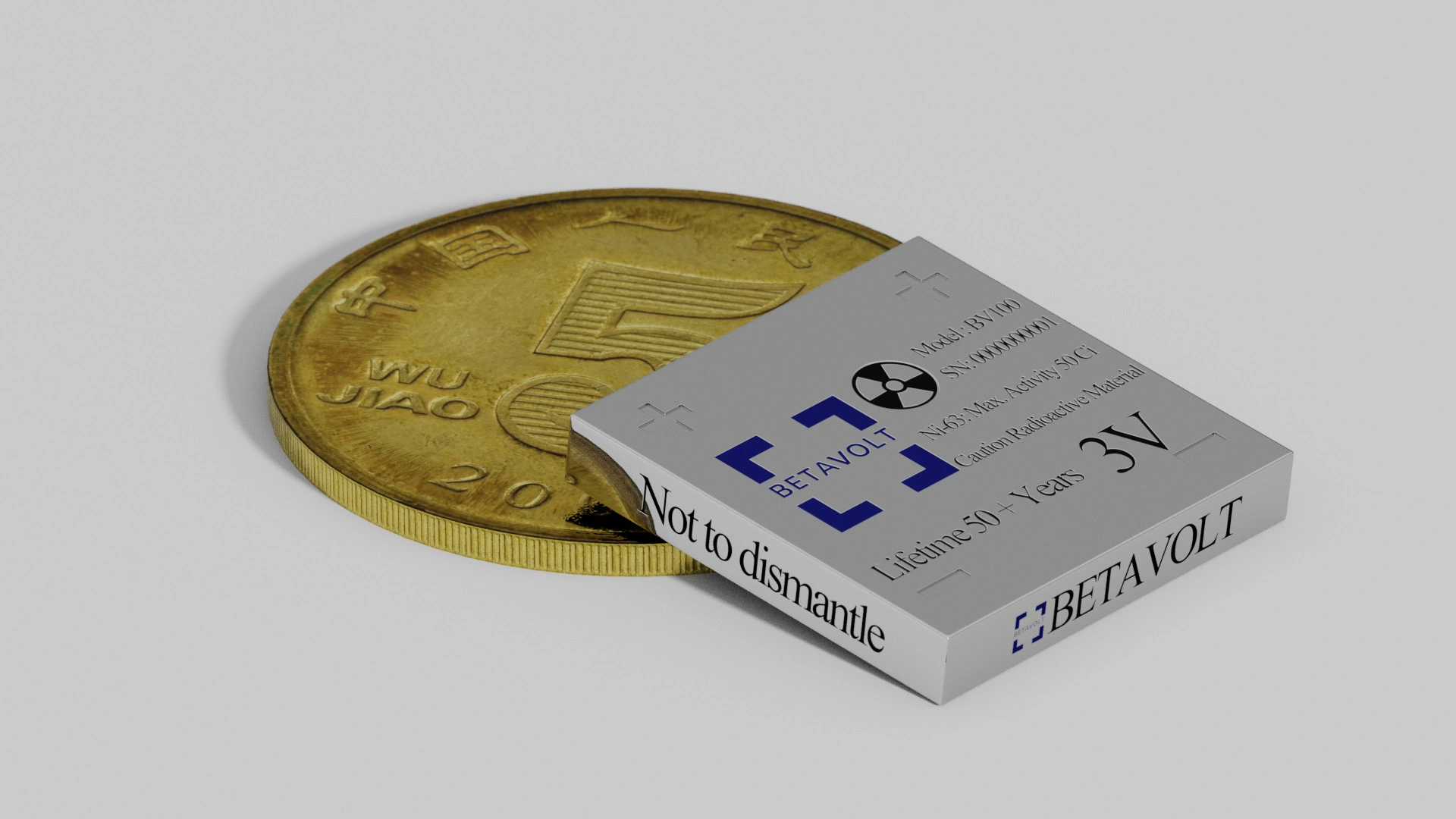Betavolt's miniature battery could spell the end of smartphone chargers
Betavolt's miniature battery could spell the end of smartphone chargers

mobilesyrup.com
Betavolt's miniature battery could spell the end of smartphone chargers

Betavolt's miniature battery could spell the end of smartphone chargers

Betavolt's miniature battery could spell the end of smartphone chargers
